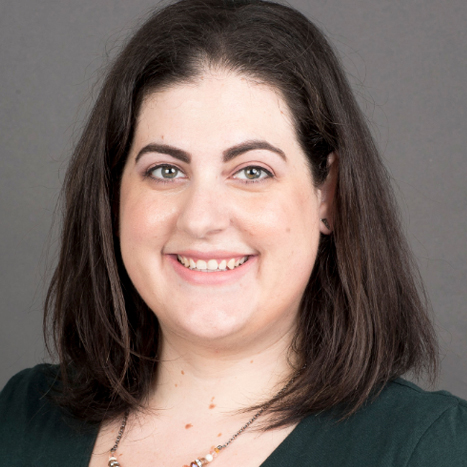Perspective: Overcoming Obstacles to Medication-Assisted Treatment
March 27, 2020
Lena Marceno
Medication-assisted treatment (MAT) is considered the gold standard of opioid use disorder treatment when paired with behavioral therapies, yet the number of primary care providers who practice MAT is surprisingly low.
To better understand why more primary care providers are not practicing MAT, our team at Altarum interviewed several medical, social services, and recovery community providers in Michigan who practice or support MAT to learn about obstacles they face in delivering this critical treatment.
Lena Marceno, a program manager in our Center for Behavioral Health, outlines key insights from these interviews and steps to overcome barriers to MAT in Addiction Professional. Read the article “Three Steps to Overcoming Obstacles to MAT”.
Altarum is a nonprofit organization that works with federal and state agencies and foundations to design and implement solutions to improve the health of individuals with fewer financial resources and populations disenfranchised by the health care system. We achieve measurable results by combining our expertise in public health and health care delivery with technology, workforce training and continuing education, applied research, and technical assistance. Our innovative solutions lead to better health for beneficiaries and better value for payers.
View Related
AHRQ-Funded “Michigan Sustained Patient-Centered Alcohol-Related Care” Program Implemented Evidence-Based Alcohol-Related Care in Primary Care PracticesRecovery Housing, Peer Recovery Supports Are Crucial Components to Maintaining Recovery
Bureau of Justice Assistance Enlists Altarum to Help Criminal Justice Organizations Implement Peer Recovery Support Services to Address Opioid Crisis

Perspective

Lena Marceno - MSc
Areas of Expertise
- Prevention of Opioid Overdose and Substance Use Disorder
- Evidence-Based Programming
- Health Equity and Reduction of Health Disparities
Lena Marceno manages projects related to opioid misuse and substance use disorder for a variety of federal and state government clients. Additionally, she has robust primary prevention experience, including stakeholder engagement, program design and implementation, and data collection and dissemination. Lena holds a bachelor’s degree from Northeastern University and a master’s degree in International Health Policy from the London School of Economics and Political Science.